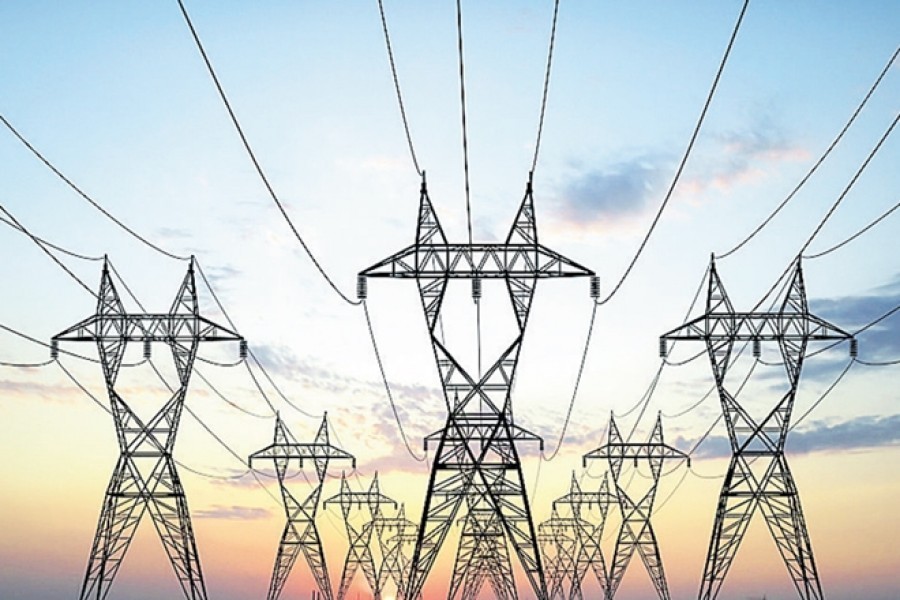

The International Monetary Fund's (IMF) insistence on eliminating power subsidies and raising electricity tariffs has got the interim government in a difficult position. These two measures are among the primary conditions for the release of the 4th and 5th tranches of the IMF's $4.7 billion loan. As per the latest IMF review mission, which conducted a comprehensive assessment of Bangladesh's economic landscape, the government is expected to completely remove power subsidies by the 2025-26 fiscal year to qualify for further disbursements from the multilateral body. The IMF has also recommended an upward adjustment in electricity tariffs to reduce the fiscal burden. According to media reports, failure to phase out the electricity subsidy could jeopardise the release of the 4th and 5th tranches of the loan.
However, the reality on the ground in Bangladesh's power and energy sector starkly by no means corresponds to these expectations. The interim government recently revised the national budget, increasing the total subsidy allocation from Tk 360 billion to Tk 620 billion. Over the years, electricity subsidies have escalated, largely due to the proliferation of independent power producers (IPPs) and rental power plants that operate at high costs. To manage the growing fiscal pressure, the Bangladesh Power Development Board (BPDB) has begun ramping up generation from coal and gas-fired power plants -- seen as more cost-effective options. This shift is part of a broader strategy to gradually reduce dependence on expensive IPPs. Nonetheless, some newly commissioned IPPs have already begun supplying power to the national grid under previously signed power purchase agreements (PPAs), and their outstanding payments remain a financial liability. The BPDB has informed the IMF that it may take a few more years to clear these dues and trim overall subsidies.
The IMF's call for a zero-subsidy regime stems from its emphasis on building a sustainable, market-driven economy. However, many economists argue that such a model may not be suitable for a power-starved country like Bangladesh. Removing subsidies so soon could have far-reaching consequences, particularly for the manufacturing sector which is highly dependent on affordable energy. The ripple effects could include higher inflation, a spike in production costs, and a decline in export competitiveness -- outcomes that are likely to undercut the very economic stability the IMF loan aims to support. A more balanced and pragmatic approach would be to implement a gradual phase-out of subsidies, allowing industries and common consumers time to adapt. A sudden and complete withdrawal, as suggested by the IMF, may result in economic disruption that outweighs the benefits of the $4.7 billion loan.
It is crucial for Bangladesh to secure the IMF funds, including the additional $3.0 billion agreed upon recently, but not at the cost of macroeconomic stability. Currently, a high-level delegation from the interim government is in Washington, D.C., participating in the IMF-World Bank annual meetings. Their mission is to negotiate the release of the delayed tranches and to persuade the IMF to adopt a more flexible approach to subsidy reform. There is hope that with careful diplomacy and sound economic reasoning, the delegation can convince the global lender to support a gradual transition that better aligns with the country's current realities.


 For all latest news, follow The Financial Express Google News channel.
For all latest news, follow The Financial Express Google News channel.